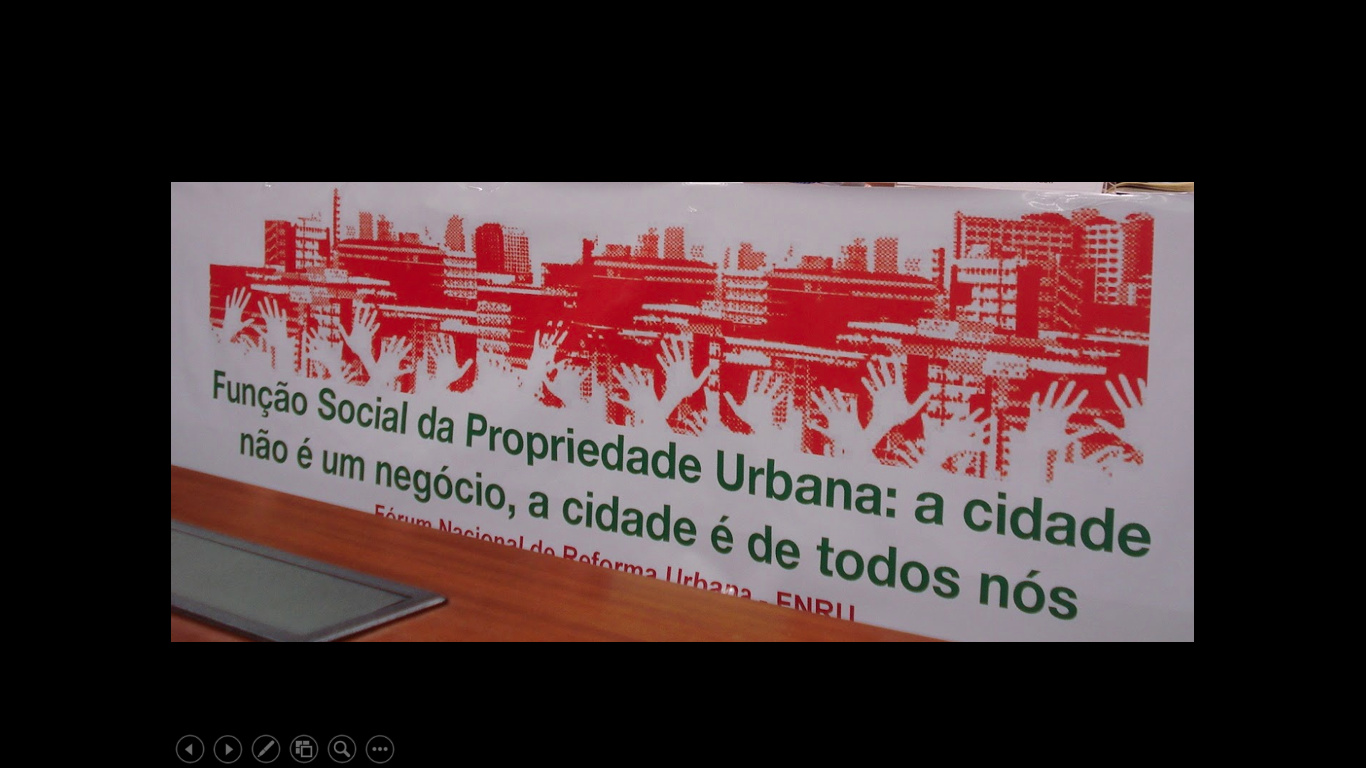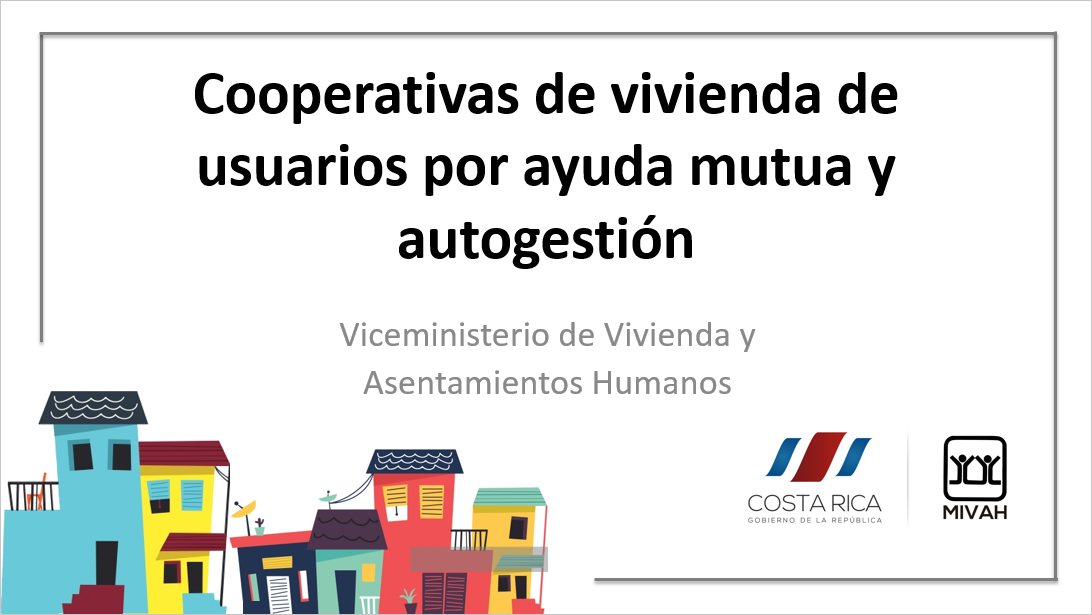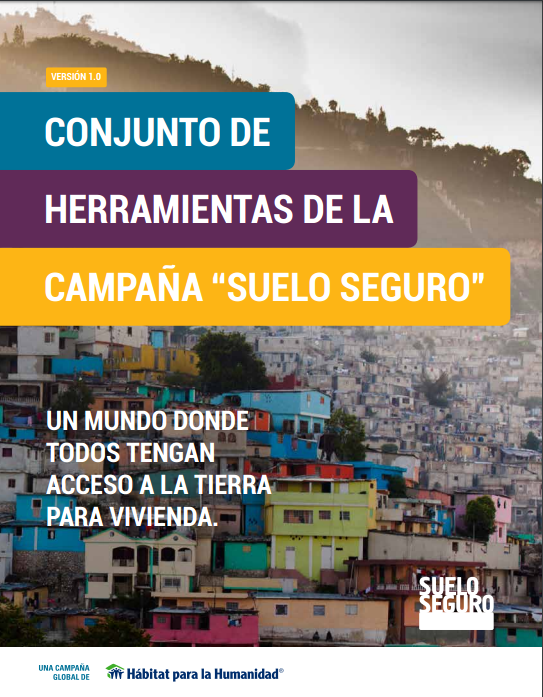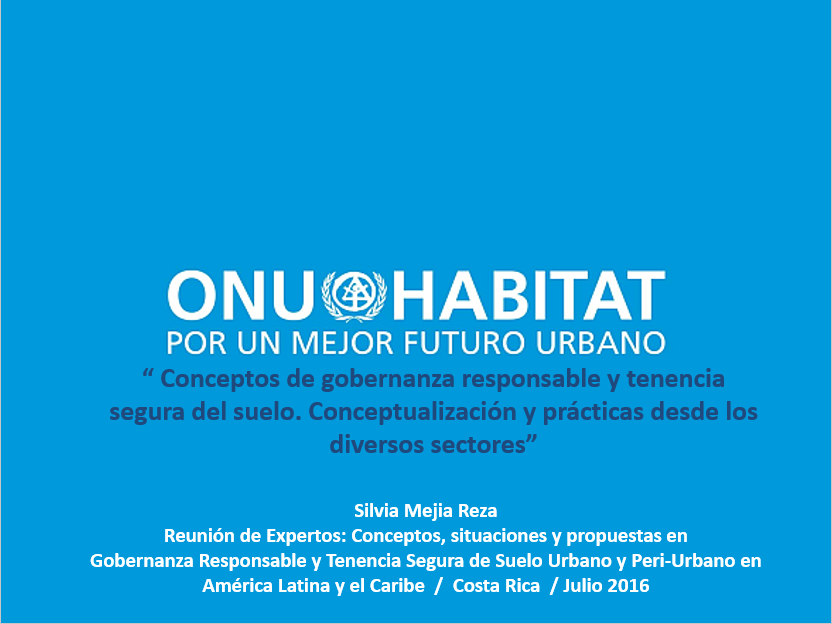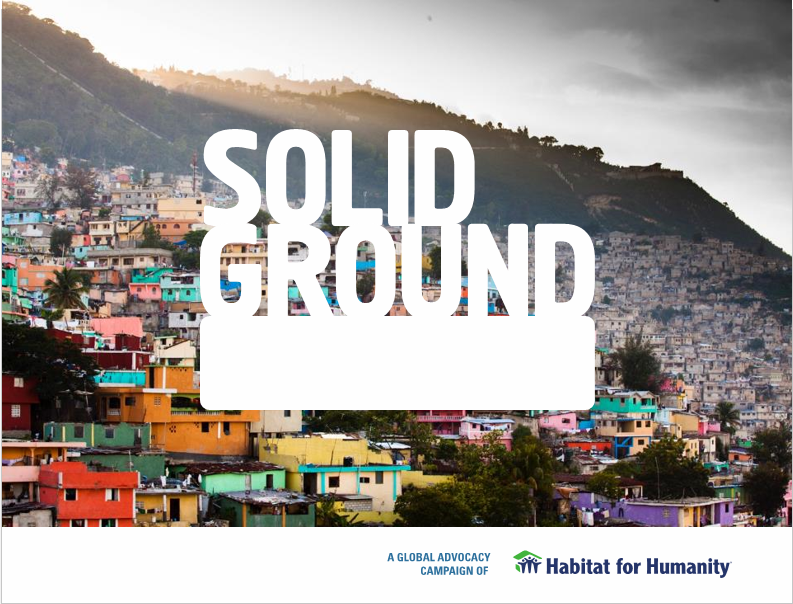Access to dynamic markets for small commercial farmers
The purpose of this study is twofold. On one hand, the objective is to assess the impact of new and more complex contracting schemes, as opposed to traditional marketing channels, on small farmers’ welfare. On the other hand, the study explores which may be the critical factors that determine the small farmers’ participation in these institutional arrangements. In this context, two critical factors are stressed. The first one has to do with access to credit and the second one is the size of the agricultural plot.



